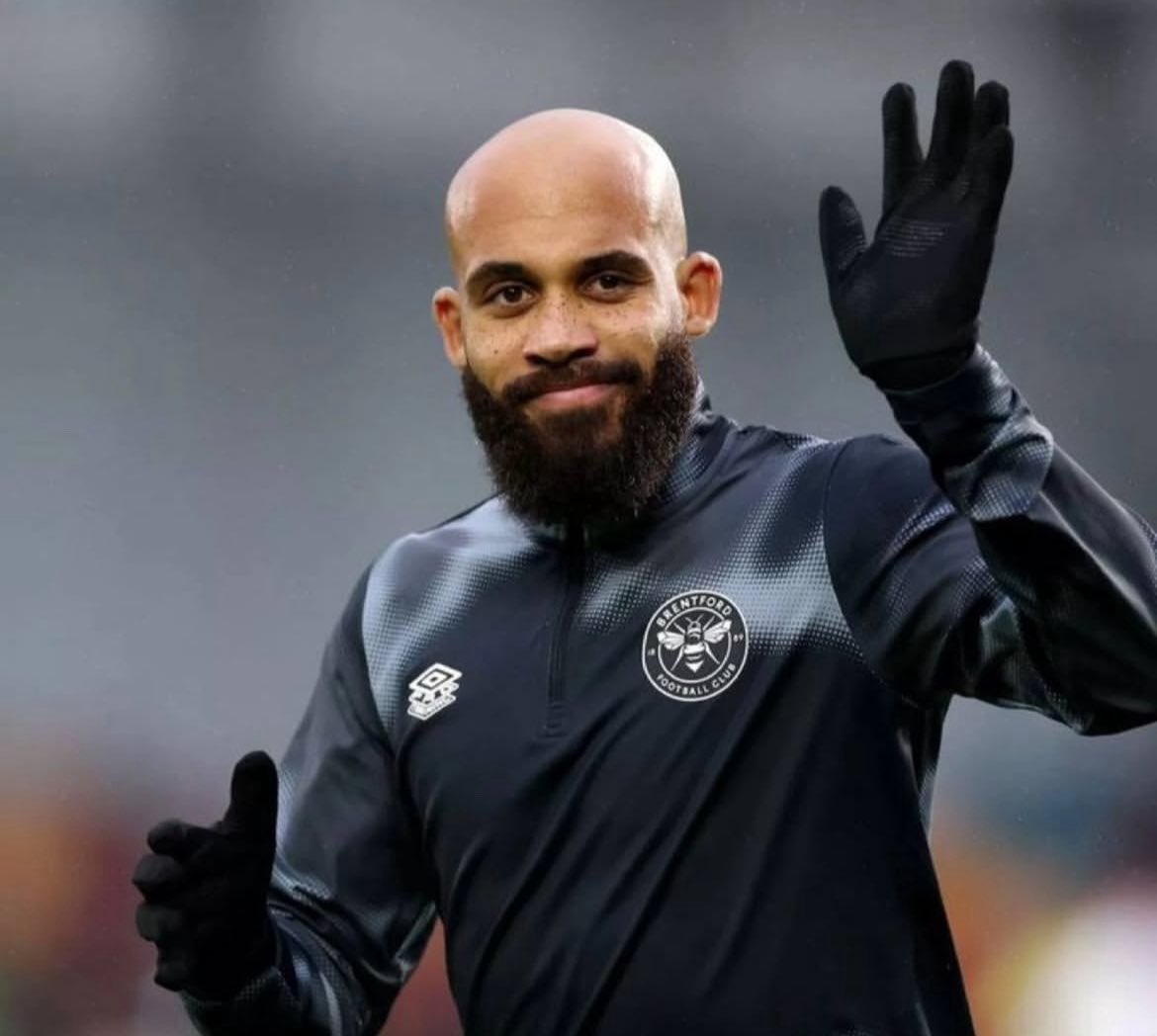Flone Initiative Trains Matatu Operators on Disability Inclusion In Transport Sector

A lobby group, Flone Initiative that is working towards the creation of safe, sustainable, and accessible public transportation spaces for women and vulnerable groups, on Friday, September 1st, trained a section of Nairobi matatu operators on disability inclusion in the transport sector.
The session, which was held at a Nairobi hotel, was facilitated by Action Network for the Disabled Diversity and Inclusion officer Collins Ombajo, an expert on disability inclusion matters.
During the session, Ombajo highlighted three main barriers that persons with disabilities often face which include: physical barriers, communication barriers, and attitudinal barriers in public transportation, adding that the matatu operators can play a role in overcoming these barriers by being understanding and accommodating.
Ombajo explained the barriers as follows;
Physical barriers include inaccessible vehicles, lack of accessible seating, and unwelcoming boarding areas. Matatu operators can overcome these barriers by ensuring that their vehicles are accessible to people with disabilities.
For example, operators can ensure that their vehicles have ramps and lifts to allow people with wheelchairs to board and disembark easily.
Communication barriers include a lack of sign language interpreters, accessible information, and rude or unhelpful operators. Matatu operators can overcome these barriers by learning basic sign language, providing accessible information in multiple formats such as braille and recordings, and being respectful and accommodating to people with communication disabilities.
Attitudinal barriers include prejudice, discrimination, and fear of people with disabilities. Matatu operators can overcome these barriers by changing the way they think about and interact with people with disabilities. They can do this by treating people with disabilities with respect and dignity, and by making sure that they have the same access to public transportation as everyone else.
Operators can also stop using discriminatory language, such as calling people with disabilities "cripples" or "handicapped."
The session was well-received by the operators, who said that they learned a lot about persons with disabilities and how they can be better served further promising to implement the practices taught.
Flone Initiative founder and executive officer Naomi Mwaura Initiative hopes that the training will help to make matatus more accessible and inclusive for people with disabilities.
Tags: Pwds Signstv Naomi Mwaura Matatu Operators Flone Intiative Editor's Pick


